In a message sent to its Nigerian subscribers, MTN Nigeria said users should bear with the company as it worked to resolve the issue.
“We apologize for the slow data speeds and difficulty with accessing the internet. Please bear with us as we work to resolve the issue,” the message reads.
It was learnt that the network issue is beyond Nigeria, as internet users across sub-Saharan Africa are also experiencing the same issue. The slow service is due to damages of two undersea cables – WACS and SAT3/WASC cable systems – on the continent’s western coast.
The two undersea cables are near Libreville in Gabon and the other is in the vicinity of Luanda, Angola.
According to Openserve, a unit of South Africa’s biggest fixed-line telecommunications provider, Telkom SA SOC Ltd, the cables are in the Atlantic Ocean and connect South Africa and many other African countries to Europe.
It is currently unclear when that will happen due to the location of the cables. So, the slow internet will likely continue until network providers figure out alternatives. If the situation persists into the next months, it might affect the subscribers of telecoms who will likely port to another network in search of better internet access.
Currently, the battle for data market share among Telcos in Nigeria is led by MTN, as the network provider saw an increase in its subscribers’ base for the second month in a row, while Glo and 9mobile lost subscribers.
In some countries, consumers and businesses can’t send emails or make cross-border phone calls. With parts of the cabling lying deep underwater, it’s unclear as to when full connectivity will be restored.








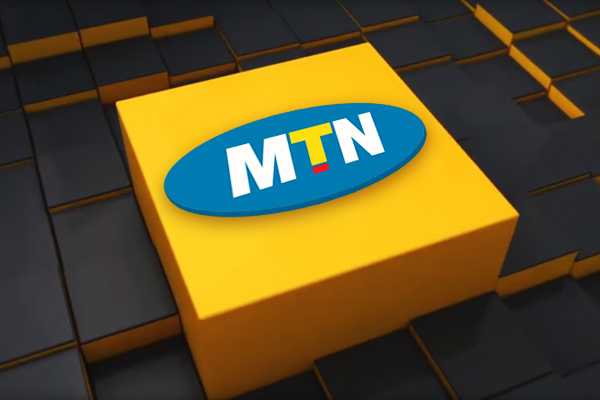





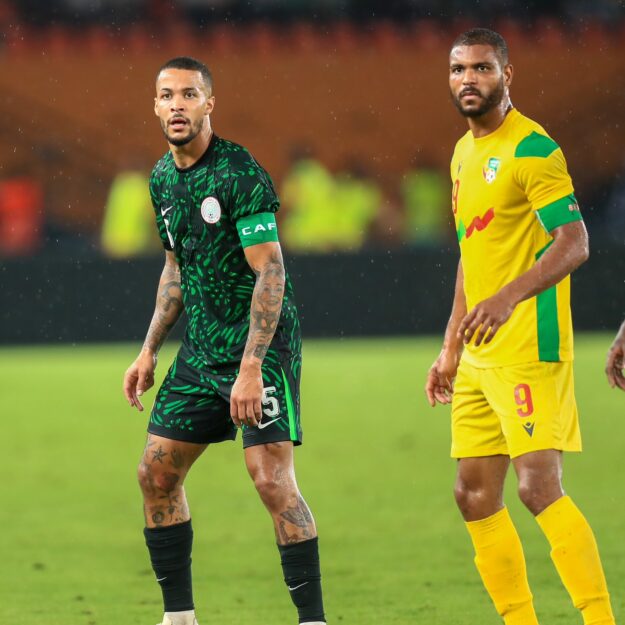

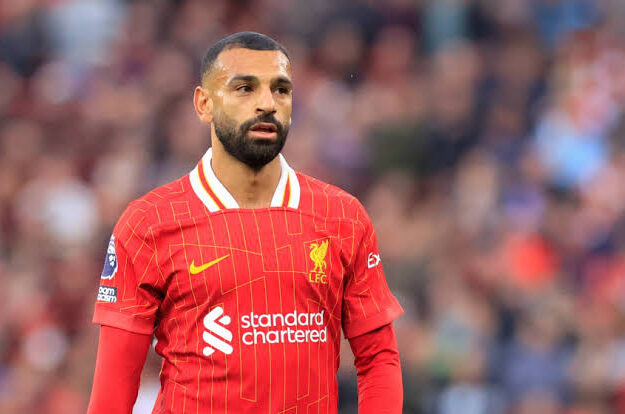
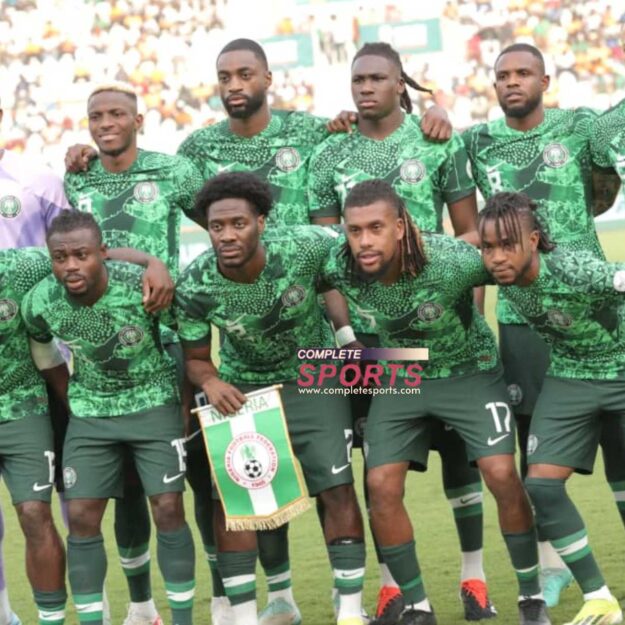


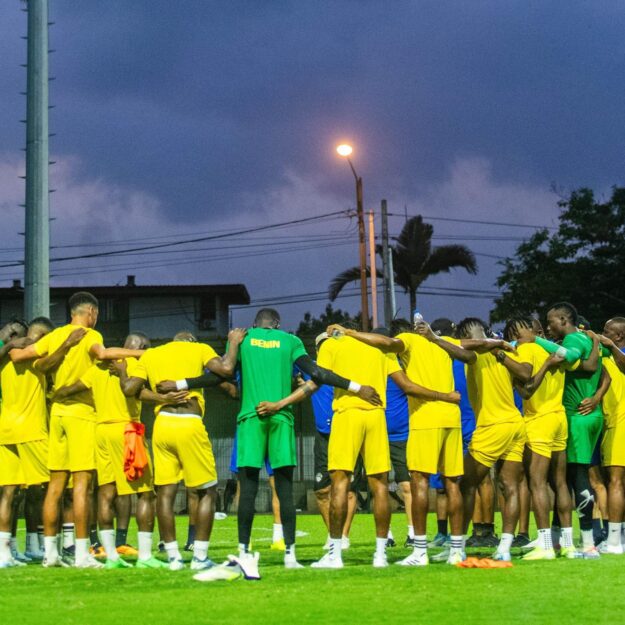



![American Pastor, David Wilson Seen Eating The Box Of Woman Who Isn’t His Wife [Video]](https://onlinenigeria.com/wp-content/uploads/2019/10/american-pastor-david-wilson-seen-eating-the-box-of-woman-who-isnt-his-wife-video-150x150.jpg)










Leave a Comment